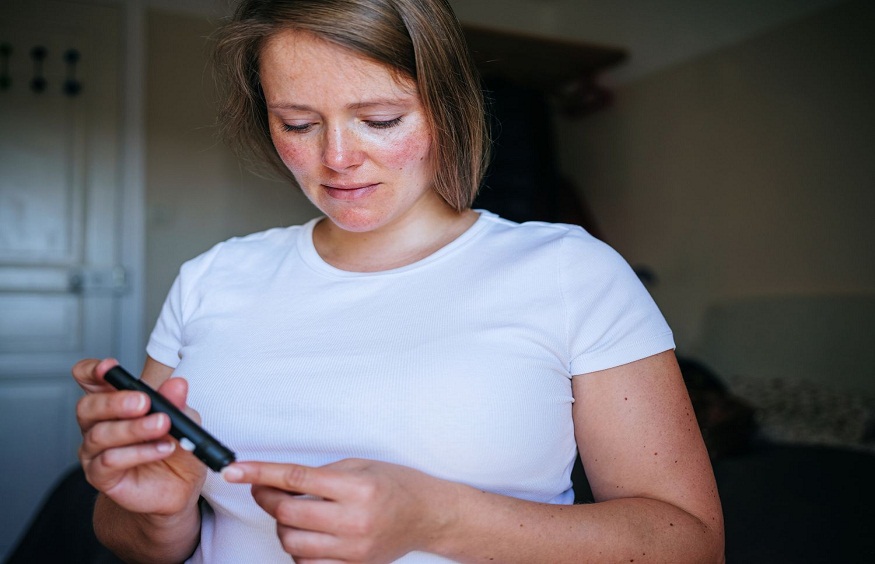They are a type of diabetes resulting from the destruction of insulin-producing cells in the pancreas by the immune system; hence, little or no insulin is produced. This chronic disease is chronic; patients must monitor their blood sugar levels, administer insulin, and maintain proper diet and exercise. Apart from the mechanical tasks, type 1 diabetes has its effects on psychological aspects of a person’s life and mental state. Standing guard, living in fear, and reinvention and reinforcement of fear of complications might set emotional needs that cut across all ages, particularly children. This is why it is essential to improve knowledge regarding the psychological aspect of type 1 diabetes care.
Emotional Stress and Burnout
Type 1 diabetes self-care might have life-altering daily routines like checking blood sugar levels multiple times a day, having to limit carbohydrate intake, having to inject insulin several times a day, and so on. Diabetes burnout can manifest in people with type 1 diabetes; they feel exhausted about their diabetic health condition. This burnout can result in frustration, helplessness, and sometimes depression. Research has found that the risk of being depressed in individuals with type 1 diabetes is between two to three times higher than in those without the disease. This emotional stress is very much natural in children, bearing in mind that apart from diabetes, they must attend school and other social-related activities.
Stress and fear of complication
They include the short-term and long-term complications of type 1 diabetes since this is one of the most common worries of each diabetic patient. Low blood sugar levels can develop with time; the individual feels dizzy, confused, or faint. This instability can result in chronic stress, as a person never knows when the episode might occur in the workplace, school, or any social situation. However, other chronic diseases like peripheral neuropathy, kidney failure, and retinopathy also add further burden to the mind.
This constant worry about these possibilities makes a patient with type 1 diabetes anxious due to checking blood sugar levels so as not to develop any of those complications.
Effect on Social Relations and Life
Self-management of type 1 diabetes impacts social relations. Every time they have to check glucose levels or Inject insulin in restaurants or any other place, they feel alone. There are different types of diabetes, but the present article focuses only on type 1 diabetes, where children sufferers may feel they are different. Such a feeling may lead to isolation and low self-esteem in children with such complications. In some cases, this means social isolation, which also leads to loneliness and, as a result, mental health issues. Also, the patients are the children with T1DM, and in families with such sick children, parents suffer their own emotions, worry about the child, and have demands and stress during care.
Signs of Type 1 Diabetes in Children
It is worth mentioning that the main idea of disease management is an early diagnosis. Symptoms of Type I diabetes in children are fatigue, increased hunger, frequent visits to the bathroom, especially to urinate, blurred vision, stains of urine, and redness in the eyes and skin. Monitoring these symptoms, as well as the psychological stress related to an ongoing disease, poses considerable psychological problems for both the child and their family.
Final Thoughts
There are many psychological effects of type 1 diabetes, including complex and restrictive lifestyle changes, depression, stress and anxiety, and school and peer pressures. These psychological features have to be managed for the individual to have a better quality of life with type 1 diabetes. It must thus offer encouragement and availability of therapy and raise awareness on the impacts on the mental health of an affected person, which enhances their physical and psychological well-being.



